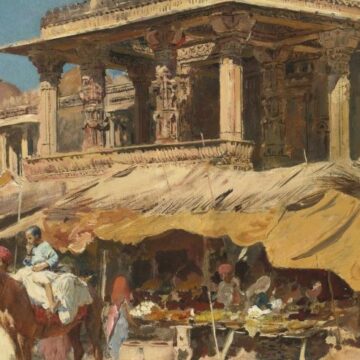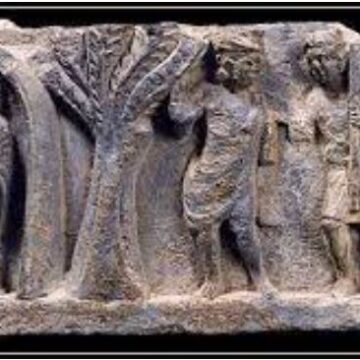"Rather than getting entangled in doctrinal differences, it might serve us better to find the confluences, the shared understandings, and the universal truths that have guided humanity for millennia. In that spirit of unity, the river of consciousness presents a philosophical bridge, beckoning us to ponder, reflect, and ultimately understand."
Author: Ram Sharma (Ram Sharma)
Dharma, Dhanda, Digital: Examining the Suppression of India’s Commercial Ethos Through the Ages
Ancient and mediaeval Indian kingdoms relied heavily on active commerce, both domestic and international. Indian economy has come full circle, after a long period of colonial suppression followed by oppressive socialist policies post-Independence, rediscovering its identity as a capitalist economy built on the industriousness and innovation of small producers and merchants.
The Golden Age of Indian Thinkers and The Resounding Impact of the Mimamsa
"The application of logical interpretations of the Mimamsa Rules of Prabhakara could aid in developing reasoning tools to deal with deontic concepts, such as prohibitions and obligations, paving the way for ethical decision-making in artificial intelligence."
The golden age of Indian thinkers was a fertile period of intellectual richness. The preservation and study of this intellectual heritage will help us in gaining better understanding of our shared philosophical history. The intellectual legacy of Mimamsa and other Indian schools of thought is a rich resource for contemporary philosophical and ethical discourse, Ram Sharma writes.



